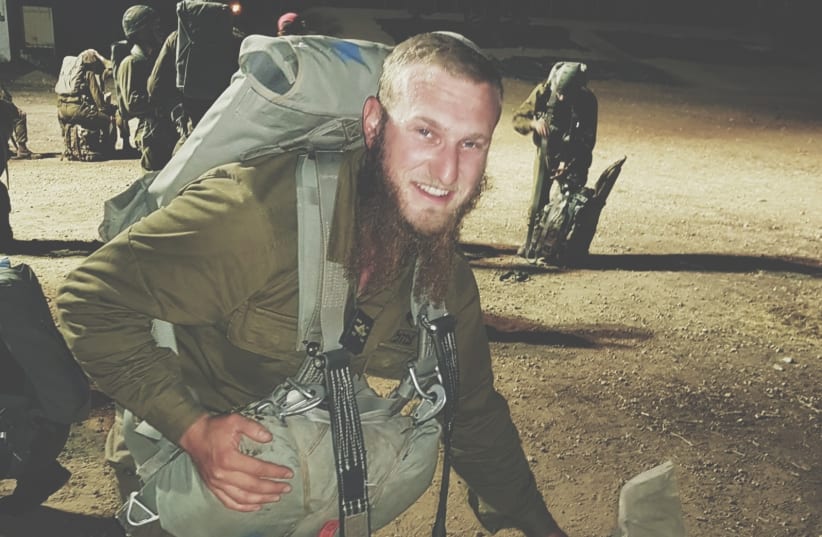All the same, what has happened in recent years is almost unprecedented. Even though military service is one of the most blatant threats to the ultra-Orthodox lifestyle, it has become a rather attractive channel for broad segments of the community, especially given the lack of accessible and inexpensive alternatives for socioeconomic mobility. Ultra-Orthodox men who lack an education relevant to the labor market and with no source of income from within the community now see military service as a springboard to Israeli identity and to employment.
Over the past 10 years, economic and social changes in the ultra-Orthodox community have produced a sharp rise in the number of ultra-Orthodox men serving in the IDF, to the current level of 7,250. However, the increase from a few hundred recruits each year, a decade ago, to more than 3,000 a year today, stems chiefly from economic and material needs and less from national, social, or patriotic motives. Most of the ultra-Orthodox see military service as a path to personal and occupational advancement and not as a means for expressing their civic commitment to the country. The expectations that some ultra-Orthodox soldiers have of their service are focused on material rewards, such as salary, subsidy of their vocational or professional studies and on acquiring an employment CV that can help them find their place in the labor market. In addition, it is important to remember that for the most part, ultra-Orthodox service in the IDF remains voluntary, rather than a statutory obligation – something that the proposed conscription law sought to change fundamentally.
But these needs and expectations change both in the course of and after military service. A study we conducted, found that for some, completion of military service triggers profound changes in their perception of their citizenship and role in the state, in a way that enhances their sense of national solidarity with the rest of Israeli society. We found that after their discharge, many of them relate more strongly to their shared destiny with Israeli society and to their special link to Israeli life, from which they had been deliberately isolated while attending yeshiva. An overwhelming majority (77.7%) of those who served in Netzah Yisrael (the ultra-Orthodox Nahal unit) reported that they now feel part of the state and share in its challenges; and 44% said that their attitude towards the country had improved as a result of their military service.
In addition, they take pride in their time in uniform and in their contribution to the IDF, to society, and even more broadly, to the country.
Military service increased their identification with the state and its symbols and enhanced their acquaintance with other social groups. Nevertheless, a majority of the ultra-Orthodox who served continue to define themselves as ultra-Orthodox and see themselves as an integral part of that community – as ultra-Orthodox and Israeli. This implies that in any scenario of recruiting the ultra-Orthodox to the IDF, we need to remember that this is not only a national mission aimed at strengthening the IDF as a “people’s army’ and achieving equality in sharing the burden of military service, but is also aimed at the integration of a large segment of the population into Israeli society.
Therefore we may assume that an increase in the number of ultra-Orthodox servicemen, preferably achieved by consensus and shared understandings based on the recent bill, would lower the boundaries of social and civic isolationism dividing the communities making up the fabric of Israeli society. Still, as long as ultra-Orthodox military service remains voluntary rather than compulsory, the IDF will have to continue to provide ultra-Orthodox soldiers with generous economic incentives.
Unfortunately, these are liable to lead the ultra-Orthodox and others to downgrade the value of military service and the IDF’s standing in Israel.
The writer is a researcher in the Israel Democracy Institute’s Ultra-Orthodox in Israel program.
